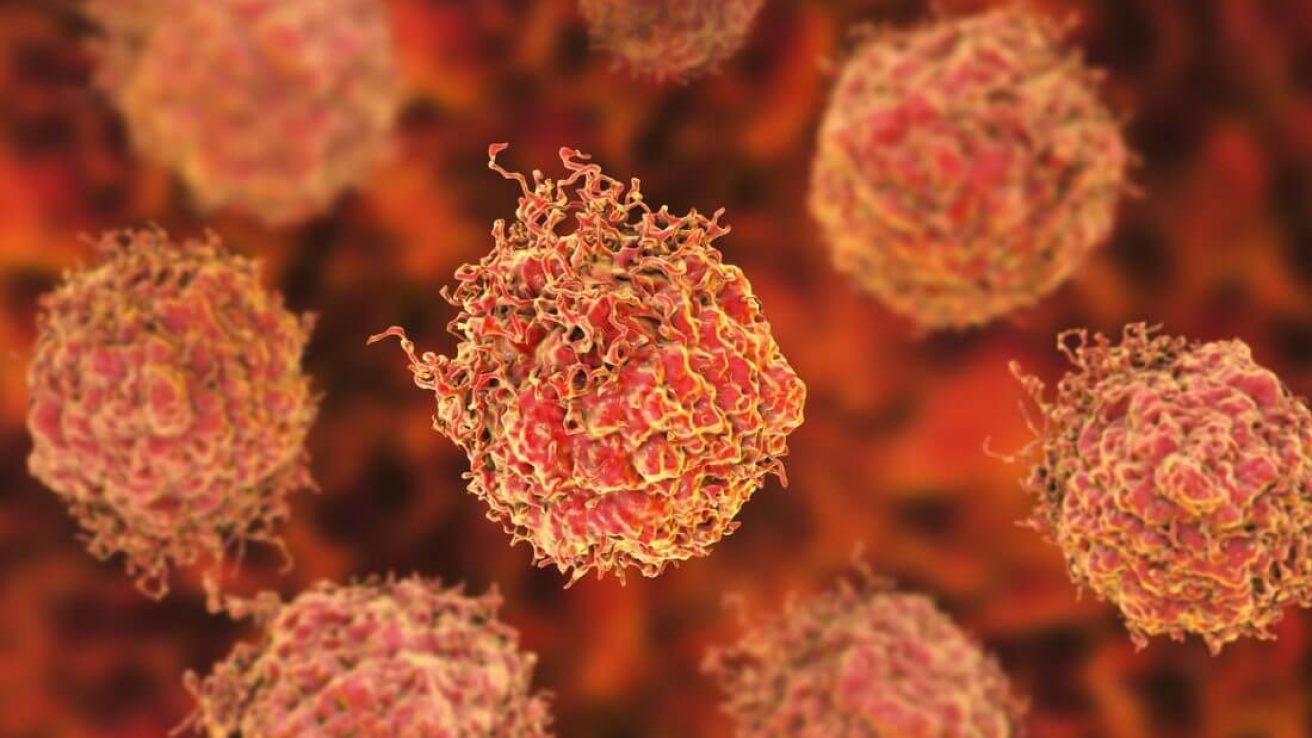CDk12 mutation has been closely examined in prostate cancer, possibly an immunoresponsive subgroup characterized as a high burden. The prevalence of CDK12 alterations is higher in metastatic castration-resistant prostate cancer (mCRPC; 7%) compared with primary prostate cancer (1%), which indicates an association with an aggressive phenotype. According to the American Society of Clinical Oncology study produced by Michael Schwezier research team these CDK12 mutations responses to standard drugs can make a difference.
The purpose of the study conducted was to describe outcomes to standard drugs and checkpoint inhibitors (CPI). The method involved retrieving data from 7 centers where several clinical-grade sequencing assays were used to assess CD12 mutation status. In addition, statistics included PSA50 response rate (≥ 50% decline in prostate-specific antigen from baseline) and clinical/radiographic progression-free survival (PFS). After data scrub 52 patients with CD12 mutated prostate cancer were examined.
Results revealed out of the 52 patients, 27 detected biallelic CDK12 alteration. At the time of diagnosis 44 had Gleason grade group 4-5. The average follow-up was 8.2 years. While overall survival of metastasis was 3.9 years. In conclusion, The Cdk12 mutation has been identified as a aggressive subgroup, with high rate of metastases and low survival rate.
References
Primary: https://ascopubs.org/doi/pdf/10.1200/PO.19.00383
Secondary: https://ascopubs.org/doi/full/10.1200/PO.20.00080?utm_source=TrendMD&utm_medium=cpc&utm_campaign=JCO_PO_TrendMD_0










